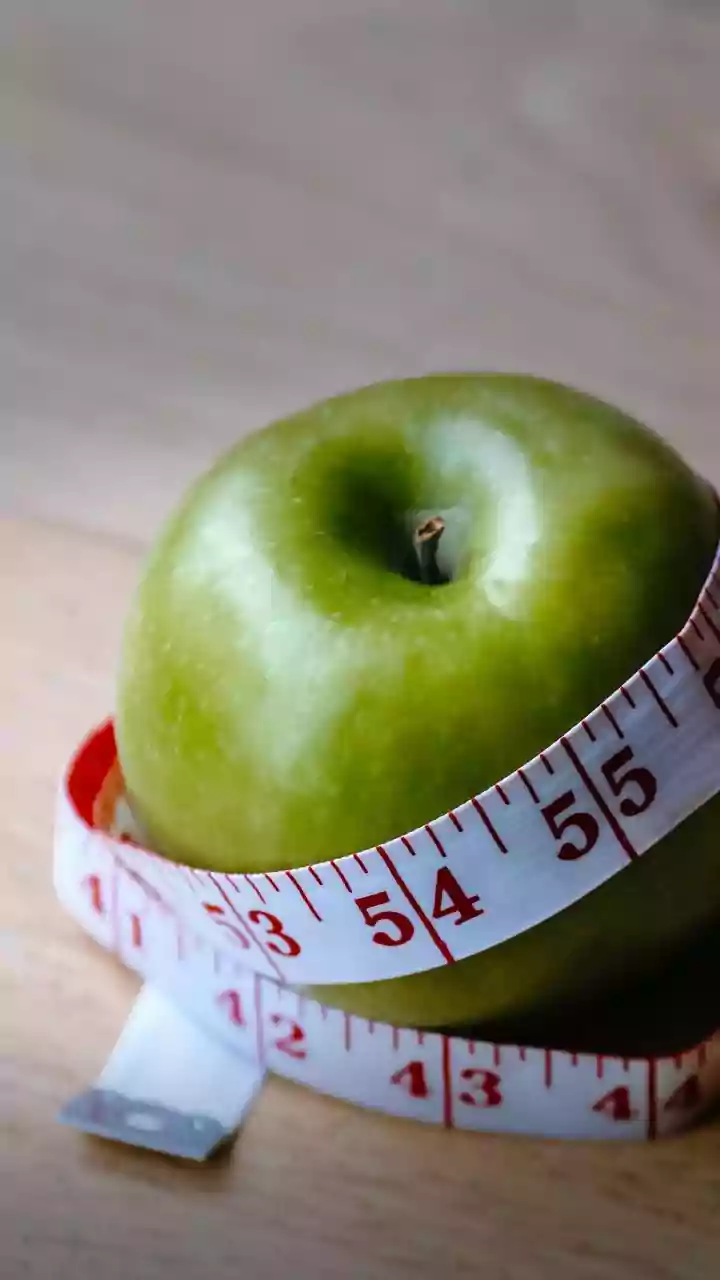Adopt a DASH Diet
The Dietary Approaches to Stop Hypertension (DASH) diet is a powerful tool in your fight against high blood pressure. This diet is rich in fruits, vegetables,
whole grains, and lean proteins, while also limiting saturated fat, cholesterol, and sodium. By making these dietary changes, you can significantly lower your blood pressure levels. It is essential to include foods like bananas, spinach, and avocados, as they are rich in potassium, which counteracts the effects of sodium. Eating a balanced diet supports overall health and is crucial for effective blood pressure control.
Reduce Sodium Intake
Cutting back on salt is vital for managing blood pressure. High sodium intake can lead to increased blood volume, putting extra strain on your heart and blood vessels. Aim to limit your sodium consumption by avoiding processed foods, which often contain high levels of salt. Instead, focus on fresh, whole foods and experiment with herbs and spices to add flavor to your meals. Always read food labels to be aware of hidden sodium and make informed choices. Small changes, such as using less salt when cooking and removing the salt shaker from the table, can make a big difference over time.
Control Your Weight
Maintaining a healthy weight is a crucial element in blood pressure management. Excess weight, especially around the abdomen, can increase blood pressure. Even a small amount of weight loss can significantly improve your blood pressure readings. Work towards a healthy weight through a combination of a balanced diet and regular exercise. This may include portion control, mindful eating, and making consistent choices toward healthier foods. Consistent progress and a sustainable approach are essential for achieving long-term benefits and maintaining a healthy weight.
Regular Physical Exercise
Engaging in regular physical activity is a powerful strategy for lowering blood pressure. Aim for at least 150 minutes of moderate-intensity exercise or 75 minutes of vigorous-intensity exercise per week. Activities like brisk walking, jogging, cycling, or swimming can significantly benefit your cardiovascular health. Consistency is key; make exercise a regular part of your routine, such as scheduling your workouts to ensure you stick to your plan. Regular exercise helps lower blood pressure and boosts overall cardiovascular health.
Limit Alcohol Consumption
Excessive alcohol consumption can raise blood pressure levels. If you choose to drink alcohol, do so in moderation. Moderate drinking is generally defined as up to one drink a day for women and up to two drinks a day for men. This will help you to reduce blood pressure and support better overall health. If you don't drink alcohol, it is not necessary to start. Keep in mind that individual responses to alcohol vary, so pay attention to how your body reacts.
Manage Stress Effectively
Stress can contribute to high blood pressure, making stress management essential for cardiovascular health. Find healthy ways to manage stress, such as deep breathing exercises, meditation, yoga, or spending time in nature. Regular stress-reduction techniques can also help you lower blood pressure. Other helpful tactics include hobbies that you enjoy, connecting with friends and family, and ensuring you get adequate sleep. Prioritizing your mental health is as crucial as your physical health, contributing to a balanced and healthy lifestyle.
Don't Skip Medicines
If prescribed medications by your doctor to control high blood pressure, it's vital to take them as directed. These medications are designed to help manage your blood pressure effectively, and skipping doses can hinder your progress. Always follow your doctor's instructions and communicate any concerns you have about side effects or changes in your treatment plan. Medications, combined with healthy lifestyle changes, play a critical role in managing high blood pressure and protecting your cardiovascular health. Consistent medication adherence is essential for achieving and maintaining healthy blood pressure levels.



















